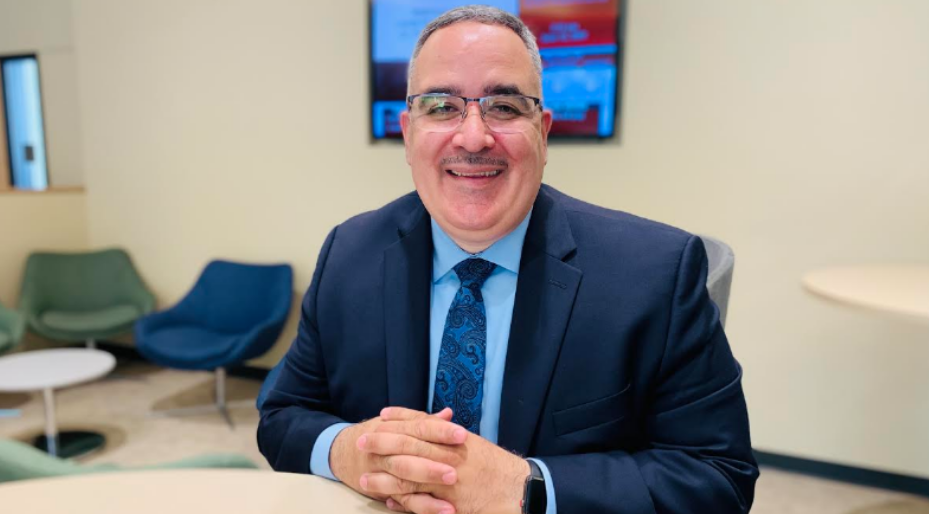How did you get started at Con Ed, and how has your career taken shape there?
I have always been very focused. I started at Con Edison back in 1998 as an assistant engineer. In that role, I was assigned to learn about different parts of the company and give presentations to a multidisciplinary committee. I learned about everything from fossil generation to nuclear energy. When I graduated from the program, I started my career as a technical supervisor, moving up to become a section manager, and then a senior system’s operator, and finally, to the role where I am now as a General Manager.
While I was in these roles, I really wanted to understand, how do you supervise people? How do you measure productivity? How do you get to align folks with the strategy?
What inspired you to pursue engineering?
My brother was a great source of inspiration. He’s a civil engineer and he’s 13 years older than I am. Growing up with him, we had a lot of discussions around engineering. I attended Samuel Gompers Industrial High School on Southern Boulevard in the Bronx, a public school, where I studied computer science and electrical engineering. I didn’t find computer science challenging enough but I did find the challenge that I wanted in electrical engineering. I received an engineering degree from the City College of New York. While I was in college, my brother was already in the field. He knew what I was going through in terms of academics, and was always very supportive when I needed any help with my coursework.
Could you tell us a little about your service on the Board of Directors of Bronx Works and why that’s important to you?
I was raised in the Bronx, not too far from Yankee Stadium. I am a die-hard Yankee fan. Growing up there I knew what the challenges were. It was not an easy place. I knew kids that didn’t know anything outside a mile radius from where they lived. Knowing first hand the challenges that Bronx kids face really inspired me to give back to the community.
BronxWorks is a non-profit that helps individuals and families improve their economic and social well-being. They work with everyone from toddlers to seniors to build a stronger community. Their mission really resonates with me, and I’m a big supporter of the STEM programs there.
What are the most important qualities of a good leader?
My mother and father are from Puerto Rico, they came here in the mid-1950s. One of the values they instilled in myself, my brother, and my sister was the importance of education. They didn’t have the opportunity to finish school back in Puerto Rico, they had some challenges. But they always told me that you can be whatever you want to be in life, as long as you have a passion for it, and you have the time and energy to do it— you can do it. That encouragement stayed with me. Encouragement is what I always try to bring when I manage teams. I always try to encourage folks to do their best.
I also think it’s important to look for someone who is a great listener, who really tries to understand people on a one-on-one basis. It’s important to have high emotional intelligence and to demonstrate integrity and sound ethical decision making.
Why did you pursue an EMBA?
I always tried to balance academics and practicality. I had an engineering degree and I was doing technical work and so that balanced out. As I moved on to more leadership roles, I was getting the practical hands-on part of it, but I knew there was more involved. I wanted to learn the different philosophies behind management, leadership, and strategy.
One of the most important things that I learned in the EMBA program is how to create an environment of intrinsic motivation and high morale.

